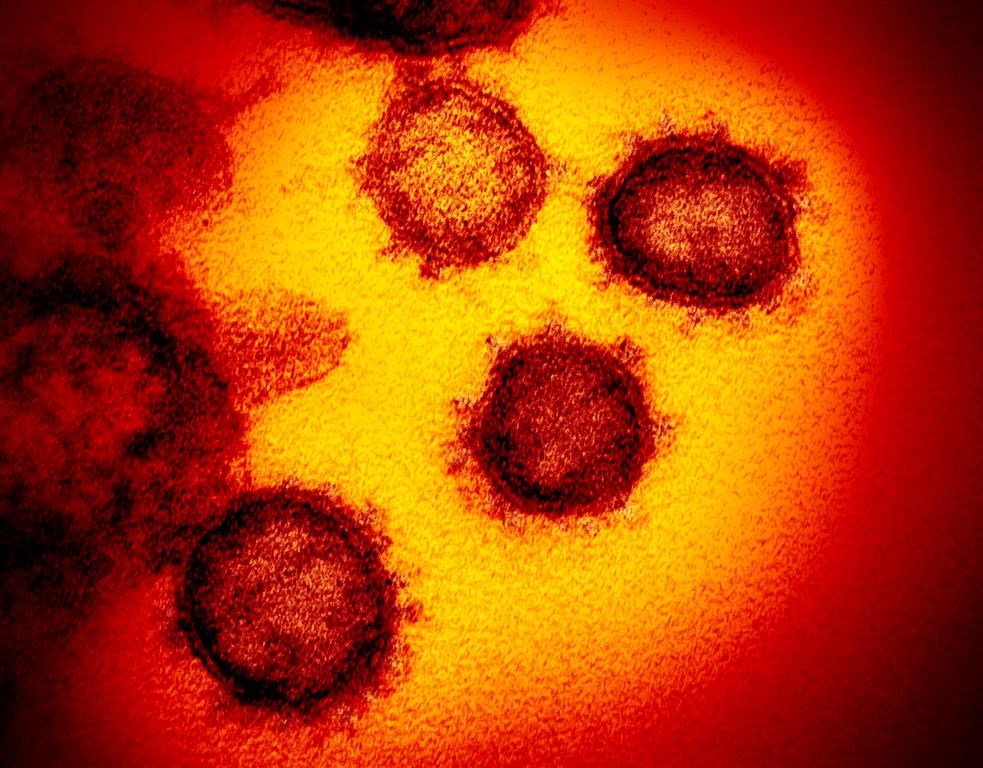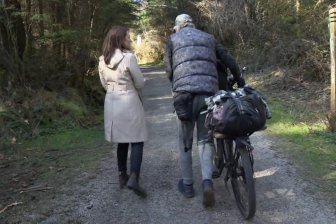Monday’s low case numbers do not mean the London-Middlesex area is out of the woods just yet when it comes to COVID-19.

That was the message London’s Medical Officer of Health Dr. Chris Mackie shared with reporters on Monday.
The Middlesex-London Health Unit, the City of London and Middlesex County held their first joint virtual briefing to update local media outlets on the latest developments involving the local response to the COVID-19 pandemic.
Mackie said Monday’s numbers are not an indication of any real drop, but rather it’s more likely the result of the province catching up on the backlog of tests.
Over the weekend, the Middlesex-London Health Unit reported a record of 21 cases on both Saturday and Sunday. On Monday, only two new cases were reported for a total of 136.
Although he was not able to give specifics on when the region would start to see a decline in cases, Mackie did say the Middlesex-London area would reach its peak in weeks, not months.
“We are right in the midst of a pandemic wave,” Mackie said.
- Naloxone-resistant street drug linked to 9 deaths in Eastern Canada seized in Alberta
- ‘She gets to be 10’: Ontario child’s heart donated to girl the same age
- Buzz kill? Gen Z less interested in coffee than older Canadians, survey shows
- Bird flu risk to humans an ‘enormous concern,’ WHO says. Here’s what to know
“This may be the early part of the wave, or it may be closer to the peak — that is not clear, but what is clear is it’s important now more than ever to take physical distancing very seriously.”
“We will see more deaths about two weeks after the peak of the disease, so even after to reach the peak, we will still see the death count rising,” Mackie said.
He told reporters the percentage of people testing positive for the virus had stayed stead this last week at around 8 per cent.
“How we act and react and respond today will determine how long our communities are in this,” Cathy Burghardt-Jesson, Warden of Middlesex County said.
Over the weekend, the province increased restrictions for Ontarians during COVID-19, sending out an alert that said, “everyone but essential workers need to stay home.”
“Only go out if absolutely necessary to pick up groceries, prescriptions or to go to a medical appointment.”
When asked if this means that people weren’t allowed to go outside for walks, Mackie’s response was that it is not a straightforward yes or no, saying it depends on if people can ensure their safety and that of others in the community.
Before heading out, he recommends people should ask themselves things like if their children are running off when they see a friend or if it’s safe to frequently go in and out of apartment buildings that have a lot of people.
“If you are in quarantine because you recently travelled or you came in contact with a confirmed case of coronavirus, it’s not okay to be outdoors.”

Mackie added those who have tested positive for COVID-19 should also stay inside.
When asked if more regulations concerning social distancing are needed, Mayor Ed Holder responded by saying more rules were not the answer, adding what needs to happen is for everyone to pay attention to the rules already in place.
Holder said several councillors had received reports of children and teens congregating on school property and not practicing physical distancing.
Addressing the possible use of masks, Mackie explained that they are usually not effective because people often touch their faces to adjust it, thereby defeating the purpose. He did say that masks can prevent a person from spreading the virus to others if they are sick, but it won’t protect the person wearing it.
“If you’re thinking the cloth mask or any mask will be better than keeping our distance from others, you’re absolutely mistaken.”
Questions about COVID-19? Here are some things you need to know:
Health officials caution against all international travel. Returning travellers are legally obligated to self-isolate for 14 days, beginning March 26, in case they develop symptoms and to prevent spreading the virus to others. Some provinces and territories have also implemented additional recommendations or enforcement measures to ensure those returning to the area self-isolate.
Symptoms can include fever, cough and difficulty breathing — very similar to a cold or flu. Some people can develop a more severe illness. People most at risk of this include older adults and people with severe chronic medical conditions like heart, lung or kidney disease. If you develop symptoms, contact public health authorities.
To prevent the virus from spreading, experts recommend frequent handwashing and coughing into your sleeve. They also recommend minimizing contact with others, staying home as much as possible and maintaining a distance of two metres from other people if you go out.
For full COVID-19 coverage from Global News, click here.









Comments